The Transformation of Digital Assets through Decentralized AI
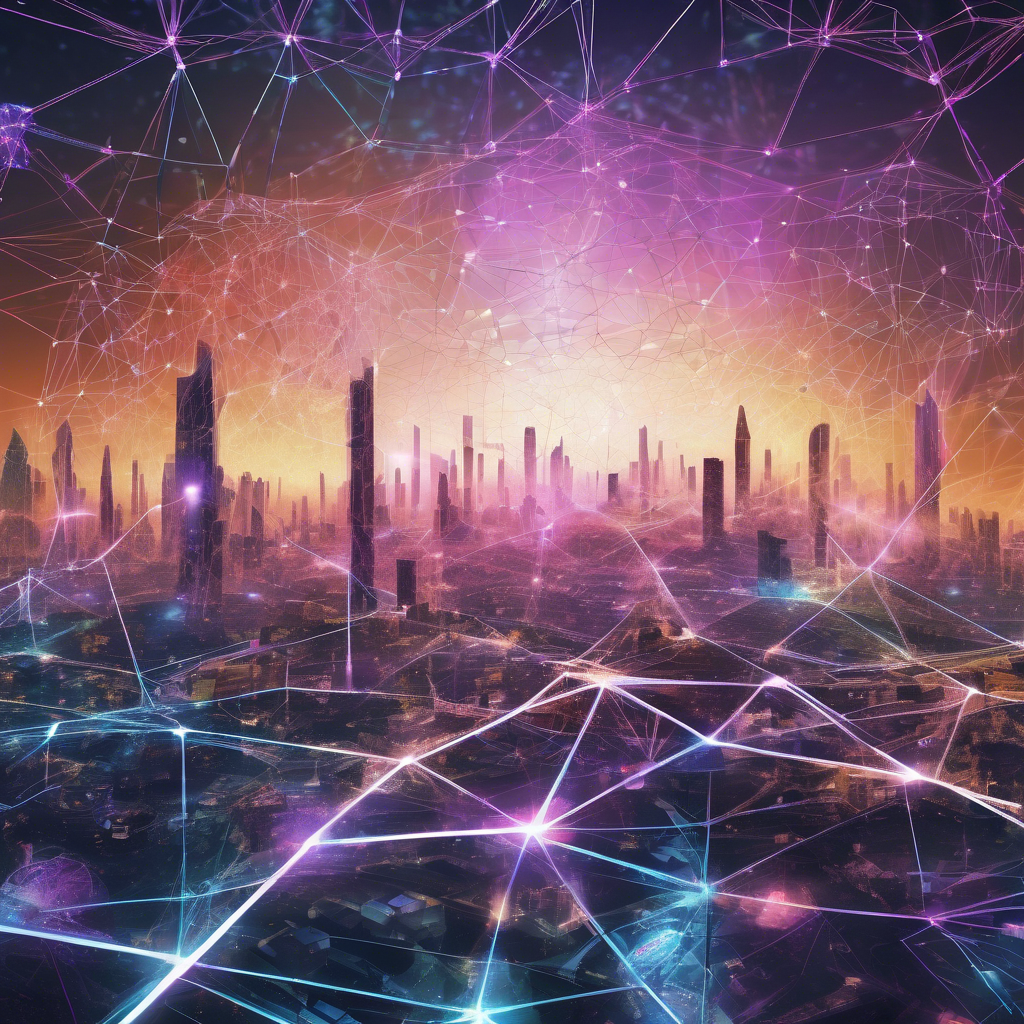
The digital assets sector, like many industries, is undergoing transformation due to generative AI (GenAI). The convergence of blockchain and artificial intelligence represents two of the most groundbreaking technologies of our time, fundamentally altering organizational operations. As organizations embrace GenAI, they face challenges related to privacy, security, and intellectual property protection, necessitating careful navigation to harness AI's potential without legal complications. The rise of decentralized AI (deAI) adds complexity to this landscape, merging blockchain and AI while introducing new governance needs within the expanding AI ecosystem. DeAI utilizes AI crypto tokens to facilitate transactions, enabling services like predictive modeling and fostering governance through user participation. DeAI offers distinct advantages over centralized GenAI platforms such as OpenAI's ChatGPT. Its blockchain foundation ensures transparency and decentralized control, reducing the risk of central authority abuse. Additionally, it promotes inclusivity, allowing collaboration among developers, users, and AI agents. Noteworthy projects include SingularityNET, a leading open-source AI research entity, and Fetch. ai, a marketplace for autonomous AI agents, each illustrating the benefits and challenges unique to deAI. However, deAI introduces complexities concerning intellectual property and data ownership. Recent copyright disputes with centralized models highlight the friction between companies and data providers over the datasets used for AI training.
DeAI offers potential solutions through blockchain's emphasis on user control and fair compensation for data contributors, as seen with platforms like Sahara AI, which allows users to monetize their AI models and datasets collaboratively. Governance in deAI aims to enhance transparency and address data rights issues throughout the AI lifecycle. While decentralization offers inclusivity and economic opportunity, it also presents governance challenges, particularly in regulatory compliance. Existing laws are often designed for centralized entities, leaving decentralized platforms without clear accountability, complicating adherence to established legal frameworks. Scalability is another hurdle, as the blockchain infrastructure of deAI platforms often struggles to efficiently manage large-scale AI applications. This, combined with the challenges of decentralized management, may hinder deAI's adoption compared to centralized models. Ultimately, while deAI has the potential to transform the AI landscape, overcoming governance and scalability challenges is crucial. Organizations must develop governance frameworks tailored to address the unique legal, ethical, and operational issues of decentralized AI. With the right approach, deAI could redefine concepts of ownership and collaboration in the field, though its ability to compete with centralized platforms remains uncertain. Prioritizing transparency and proactive planning will be vital for navigating this evolving domain responsibly.
Brief news summary
The digital assets landscape is rapidly transforming due to the integration of blockchain and generative AI (GenAI), presenting both opportunities and challenges, particularly in the realms of privacy, security, and intellectual property. The emergence of decentralized AI (deAI) introduces complexities in governance as it utilizes blockchain and AI crypto tokens, promoting greater transparency and cooperation among developers, users, and AI agents. Initiatives like SingularityNET and Fetch.ai demonstrate the potential of deAI as viable alternatives to traditional GenAI systems. However, deAI encounters significant legal and regulatory hurdles, particularly concerning data rights and conformity with existing intellectual property regulations. Efforts like Sahara AI strive to empower users and ensure equitable compensation, despite ongoing operational challenges. Furthermore, regulations meant for centralized entities create compliance issues for deAI, while blockchain scalability limits large-scale AI application deployment. To effectively compete with centralized models, deAI must focus on robust governance, innovative technologies, transparency, and strategic growth initiatives.
AI-powered Lead Generation in Social Media
and Search Engines
Let AI take control and automatically generate leads for you!

I'm your Content Manager, ready to handle your first test assignment
Learn how AI can help your business.
Let’s talk!
Hot news
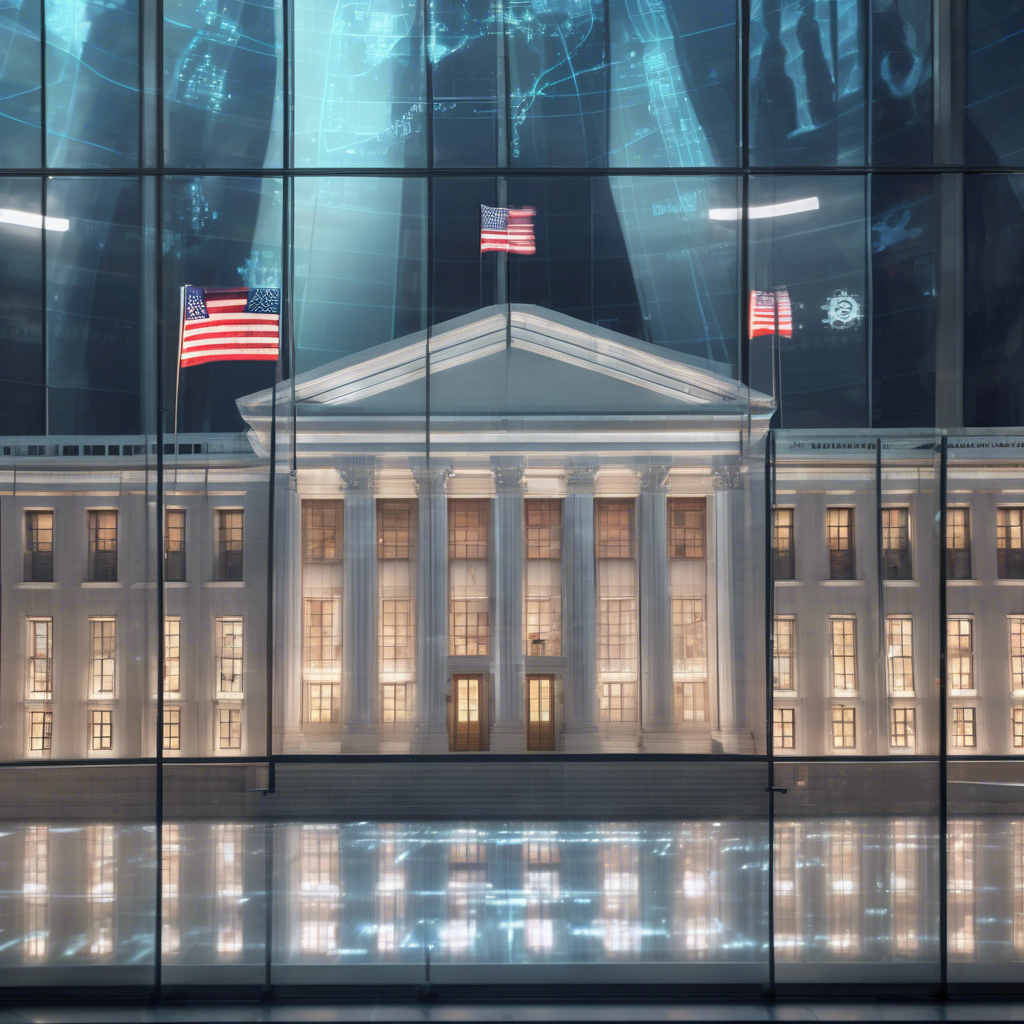
GENIUS Act Advances in Senate, Stablecoin Legisla…
The Senate has closed debate on the bipartisan GENIUS Act ("Gearing Up for Emerging New Innovations with Unbiased Secure Stablecoins"), marking a key step toward establishing a comprehensive regulatory framework for stablecoins.

Amazon Loses an AWS Generative AI Boss as Tech Ta…
Amazon Web Services (AWS), a leader in cloud computing and AI, has undergone a significant leadership change with the departure of Vasi Philomin, a key vice president who was pivotal in advancing AWS’s generative AI efforts.

UAE Fund Invests $100 Million in Trump's World Li…
A United Arab Emirates-based investment fund, Aqua 1 Foundation, has made a major $100 million purchase of digital tokens issued by World Liberty Financial, a cryptocurrency venture affiliated with the family of U.S. President Donald Trump.

Olympics Have Big AI Plans
The International Olympic Committee (IOC) plans to implement advanced artificial intelligence (AI) technologies in forthcoming Olympic Games to improve operational efficiency and viewer experience.
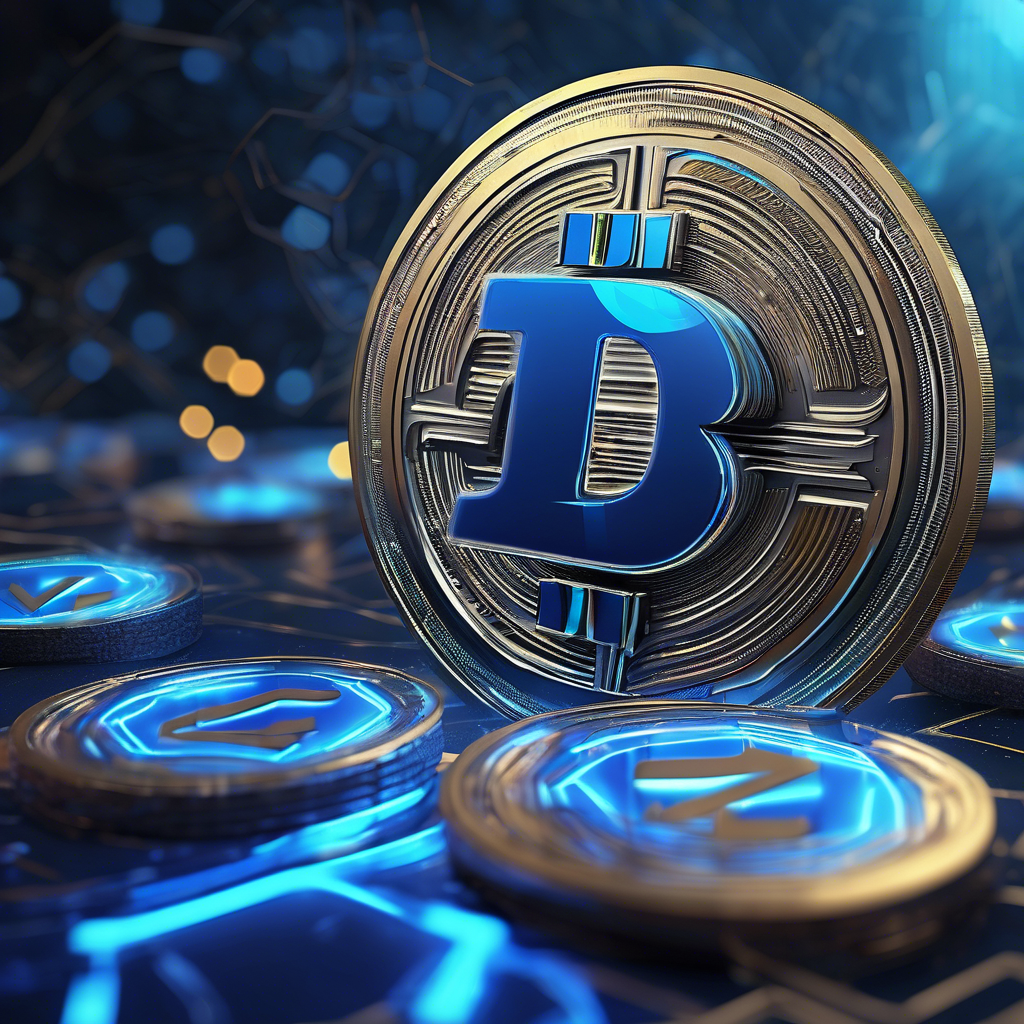
Meta's 'Zuck Bucks' Shake Up AI Race
Meta, led by CEO Mark Zuckerberg, is making a determined push to reestablish itself as a dominant player in artificial intelligence (AI), with a particular focus on achieving Artificial Superintelligence (ASI)—AI surpassing human intelligence across all domains.
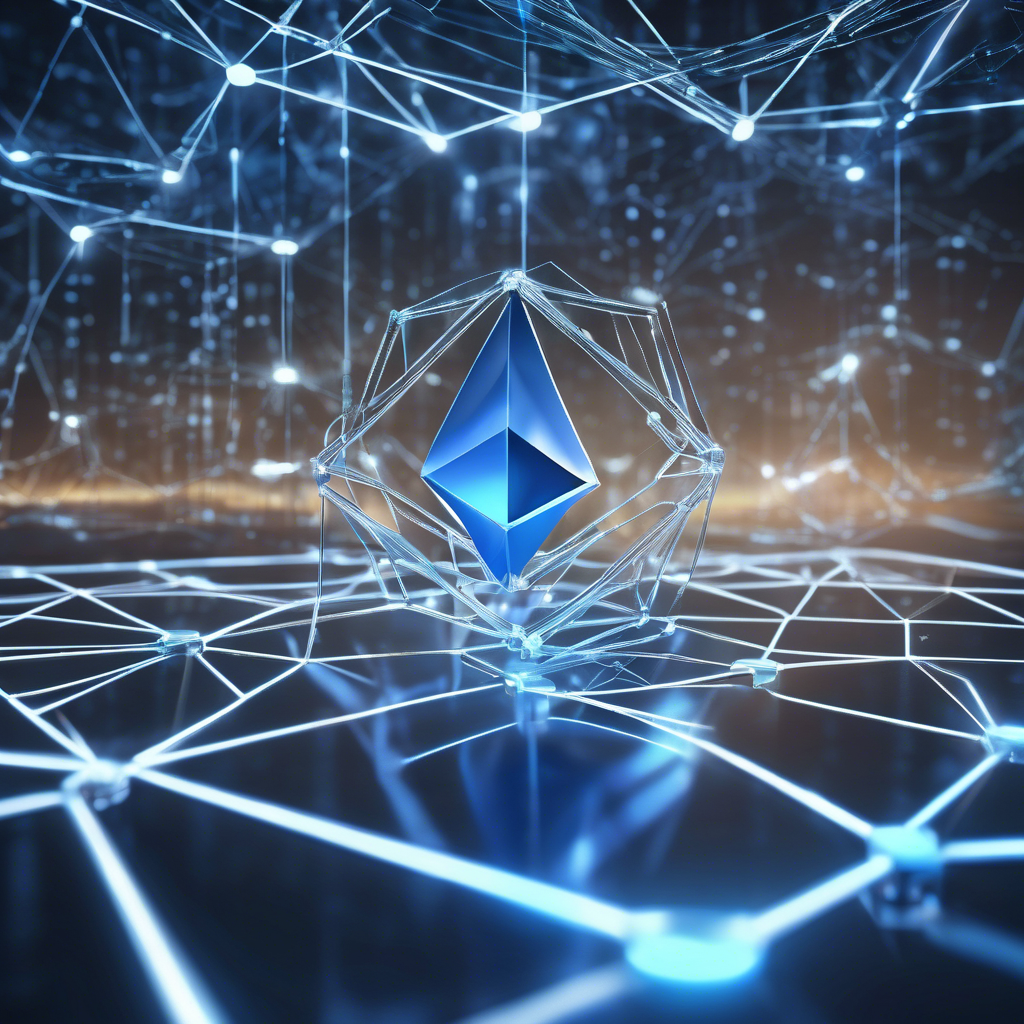
Ethereum 2.0 Upgrade: What It Means for the Futur…
Ethereum, a leading blockchain platform, is set for a major transformation with Ethereum 2.0, transitioning from its current proof-of-work (PoW) consensus to a more advanced proof-of-stake (PoS) model.
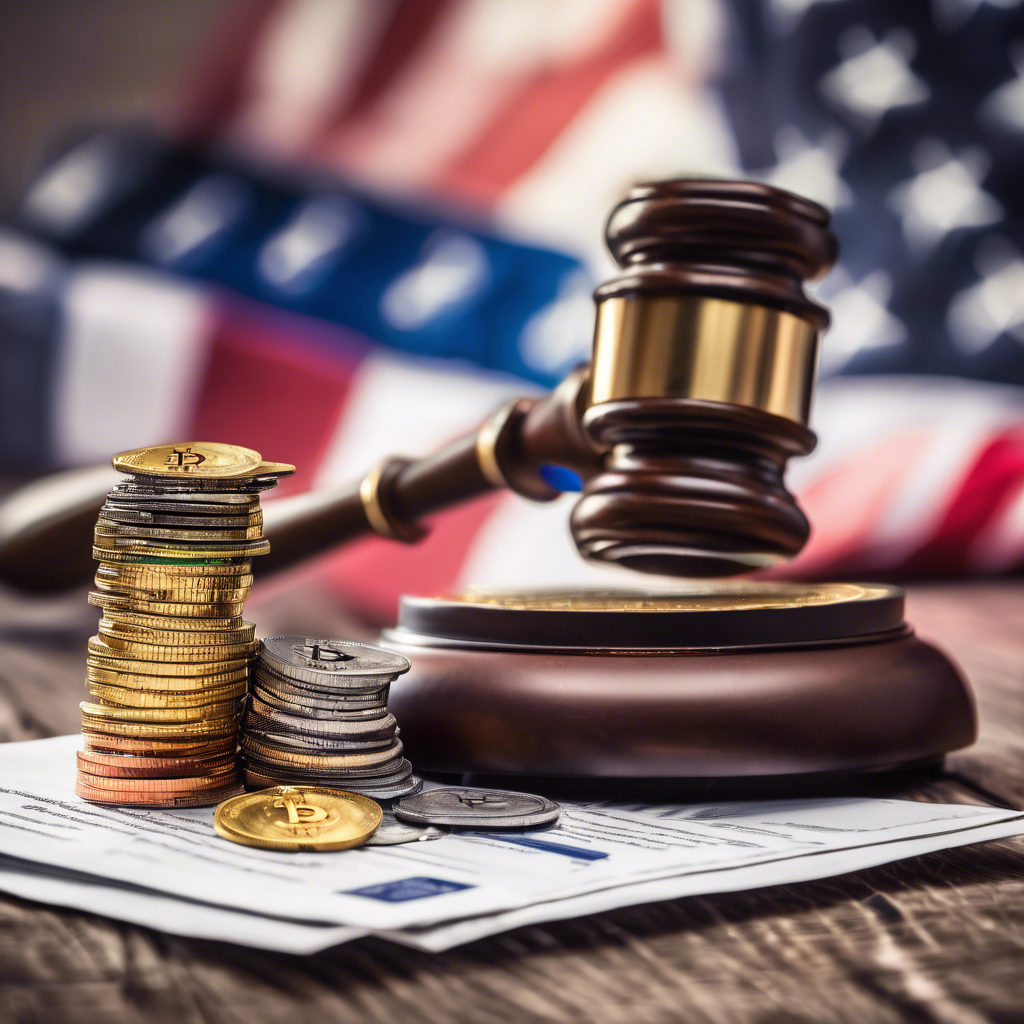
Congress Advances Key Crypto and Stablecoin Legis…
Recent legislative advances mark a significant step toward regulating digital currencies in the United States, notably with the Senate’s progression of the GENIUS Act and the House Financial Services and Agriculture Committees’ markup of the CLARITY Act.

 Auto-Filling SEO Website as a Gift
Auto-Filling SEO Website as a Gift








 Auto-Filling SEO Website as a Gift
Auto-Filling SEO Website as a Gift

